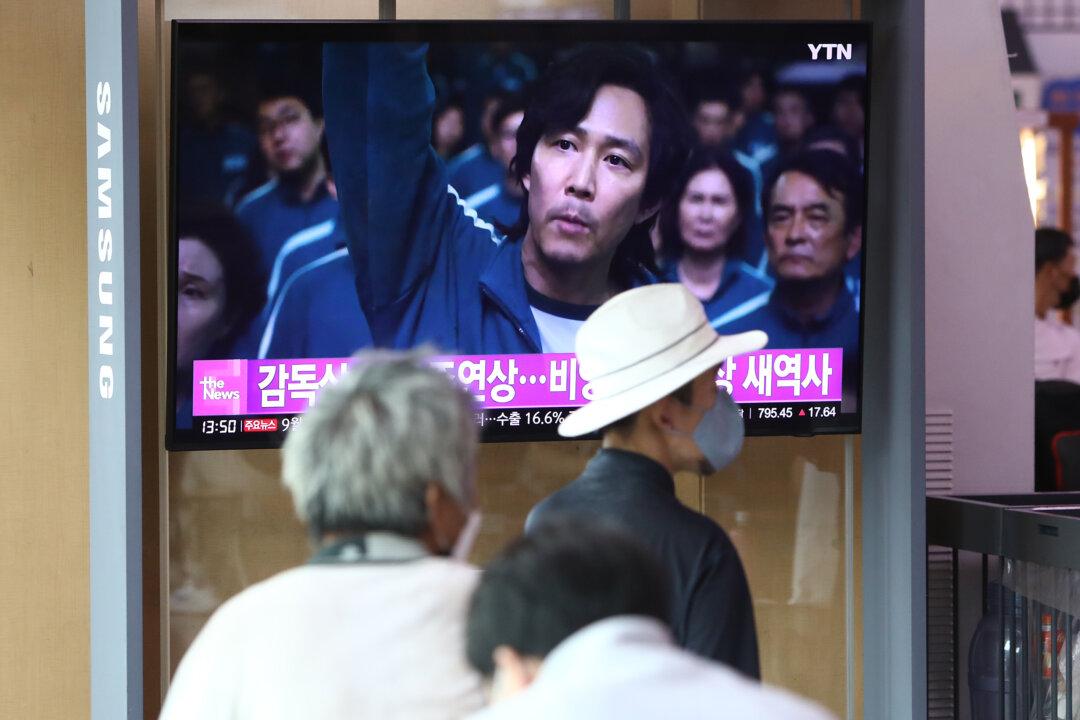In an ongoing diplomatic saga that began in 2017, the Chinese Communist Party (CCP) implemented a de facto “Korean Content Ban” as a reprisal against South Korea for installing the THAAD missile defense system. Despite easing some constraints in 2021, the CCP recently ratcheted up restrictions. As of February this year, the South Korean Ministry of Culture, Sports, and Tourism reports that Chinese authorities have indefinitely suspended all new licenses for South Korean TV dramas.
Ahn Cheol-soo, a member of South Korea’s National Assembly’s Foreign Affairs and Unification Committee and part of the ruling People Power Party (PPP), disclosed data on Oct. 6 from the aforementioned ministry. According to the data, between January and February 2022, China’s State Administration of Radio, Film, and Television (SARFT) approved licenses for 18 South Korean dramas, including popular titles such as “What’s Wrong with Secretary Kim,” “Hospital Playlist,” and “Hometown Cha-Cha-Cha.” Since then, however, further approvals have been halted.





